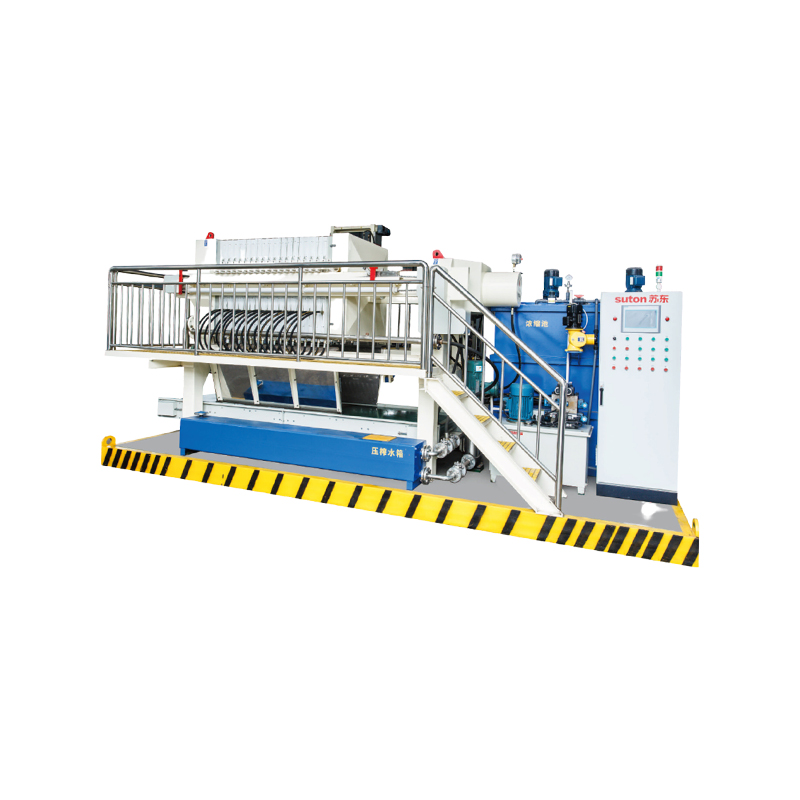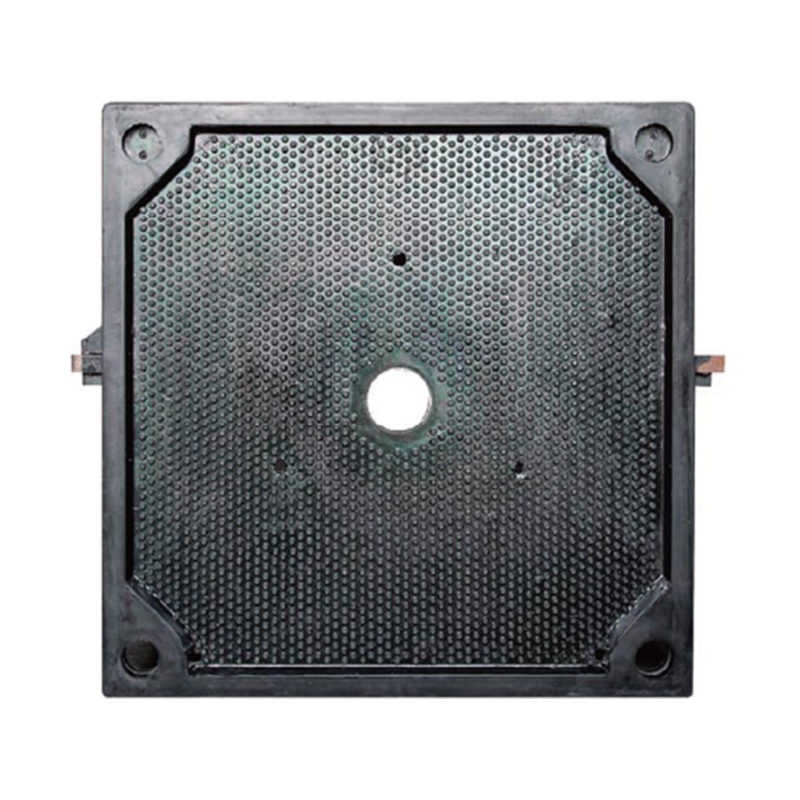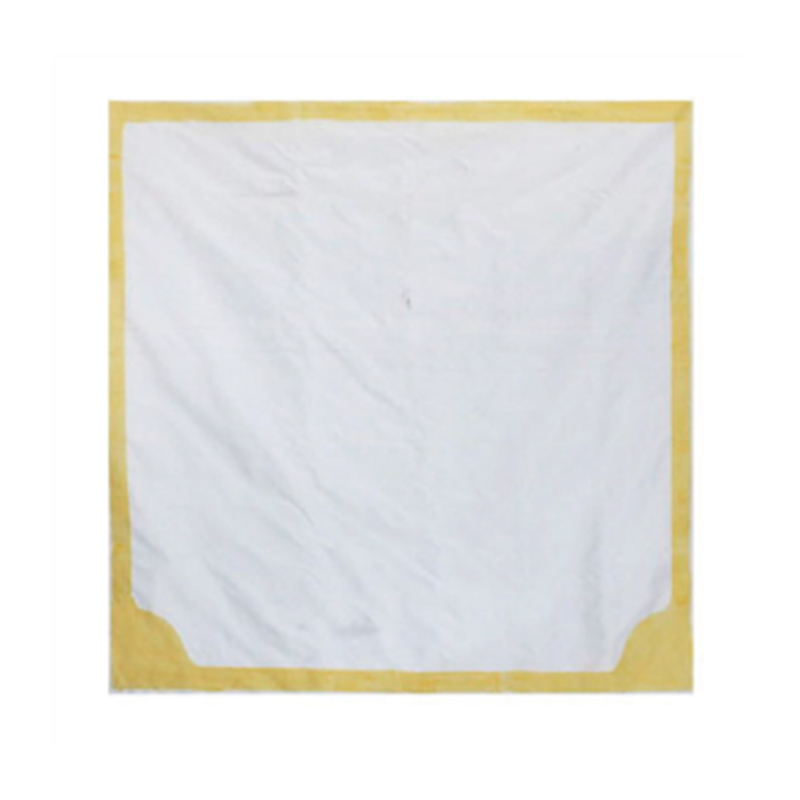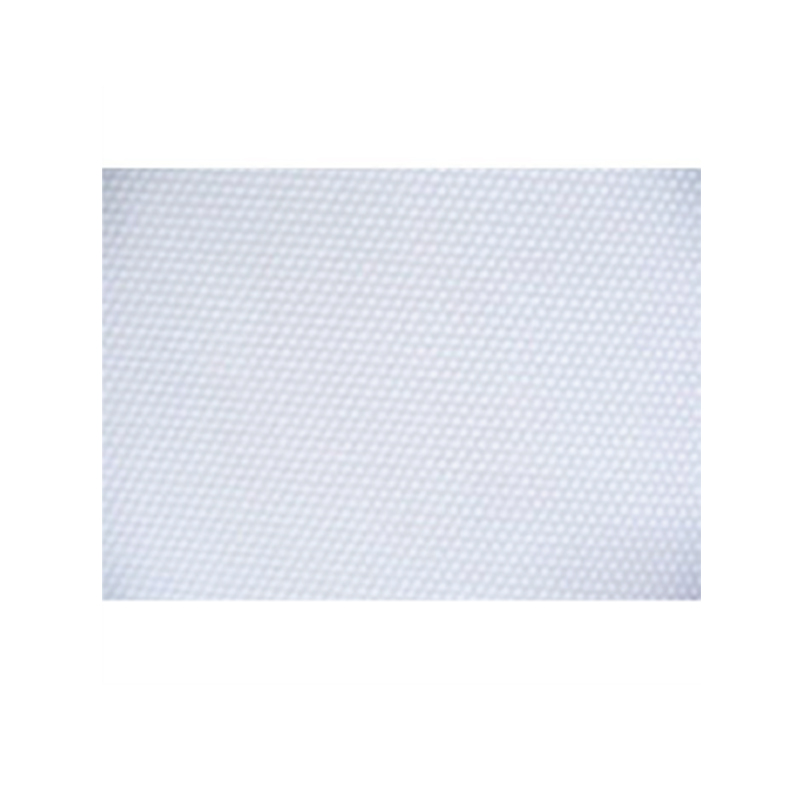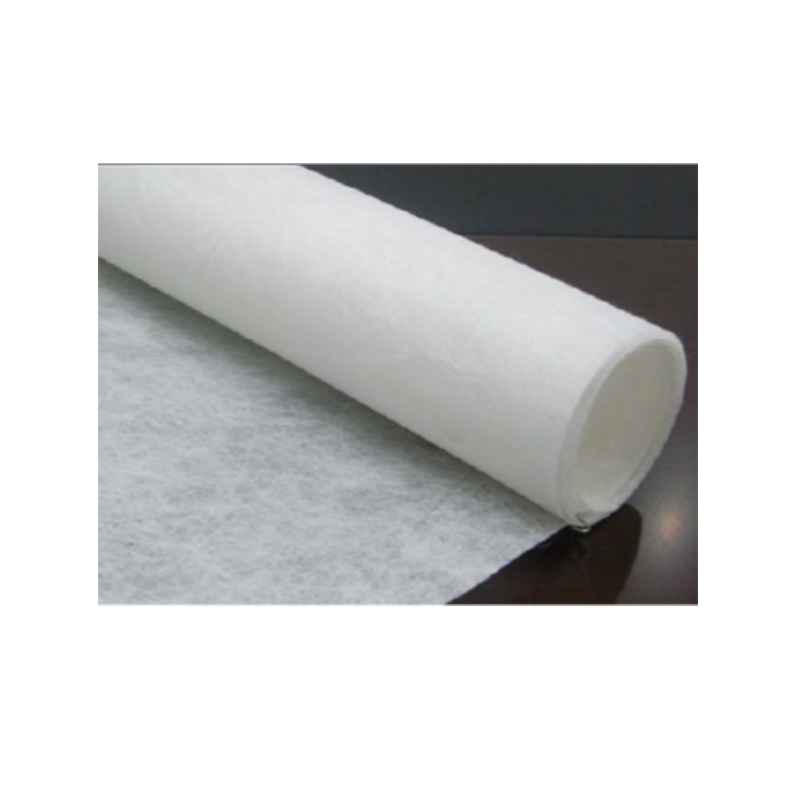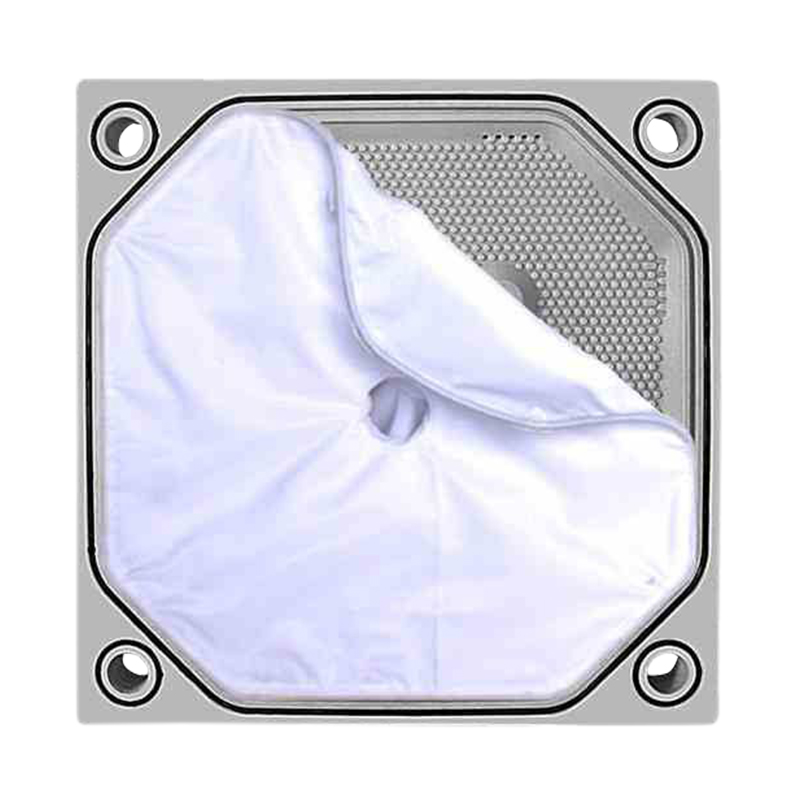How Can a Portable Filter Press Contribute to Waste Reduction and Sustainability?
 2025.05.26
2025.05.26
 Industry News
Industry News
A portable filter press is a highly effective and versatile filtration device that offers significant advantages when it comes to waste reduction and sustainability across various industries. By enabling the efficient separation of solid particles from liquids, portable filter presses help businesses minimize waste, reduce their environmental footprint, and enhance resource efficiency. These benefits have made them an increasingly popular choice for companies looking to adopt more sustainable practices in waste management.
One of the key ways in which a portable filter press contributes to waste reduction is by efficiently separating solids from liquids. In many industrial applications, such as mining, chemical processing, and food production, valuable materials can be lost if not properly separated from waste. A portable filter press addresses this challenge by ensuring that solids like minerals, sludge, and chemicals are effectively captured during the filtration process. These solids can often be reused, recycled, or repurposed for other applications, reducing the overall waste generated by the operation. The liquid phase that passes through the filter press can be treated or purified, enabling industries to reuse water and other fluids in their operations, which significantly reduces the demand for fresh resources. This cycle of recovering and reusing materials and liquids helps to minimize waste and ensures more sustainable use of resources.
In addition to reducing material waste, portable filter presses also play a crucial role in the management of hazardous waste. Many industries generate wastewater containing harmful chemicals or toxic substances that, if not properly treated, can have severe environmental and health impacts. Portable filter presses are designed to capture and consolidate these waste solids, ensuring that harmful substances are contained and do not end up polluting water bodies or ecosystems. This reduces the risk of contamination from industrial runoff and ensures compliance with environmental regulations. By effectively managing hazardous waste, portable filter presses contribute to reducing the harmful effects industries have on the environment, making operations safer and more sustainable.
Another major benefit of portable filter presses is their ability to reduce landfill disposal. In traditional waste management practices, industries often dispose of large quantities of waste by sending it to landfills. However, landfills can have serious environmental consequences, such as groundwater contamination, air pollution from methane emissions, and the occupation of valuable land space. Portable filter presses address this problem by compacting waste solids into dry cakes, which significantly reduces the volume of waste that needs to be sent to landfills. In many cases, these dry waste solids can be repurposed, for example, by being used in construction or as a source of energy. This reduction in landfill use not only decreases the environmental impact associated with landfills but also encourages industries to adopt more circular waste management practices, where waste is treated as a resource rather than simply disposed of.
Energy conservation is another key aspect of sustainability, and portable filter presses can contribute significantly in this area. These systems are designed to be more energy-efficient compared to traditional filtration methods, reducing the overall energy consumption of industrial operations. The efficient filtration process of a portable filter press requires less energy to separate solids from liquids, which in turn lowers operational costs and reduces the carbon footprint of the operation. By consuming less energy, industries can lower their greenhouse gas emissions and contribute to a more sustainable and environmentally-friendly industrial landscape.
Water conservation is another area where portable filter presses make a notable impact. Water is a critical resource in many industrial processes, and its conservation is becoming increasingly important as industries face growing water scarcity and environmental pressures. Portable filter presses help industries conserve water by enabling the recycling and reuse of water used in filtration processes. Since a significant portion of industrial wastewater can be treated and recycled through the filtration process, industries can reduce the need to draw fresh water from external sources. This contributes to a more sustainable water management system and ensures that water resources are used more efficiently.

 English
English Español
Español हिंदी
हिंदी Tiếng Việt
Tiếng Việt


